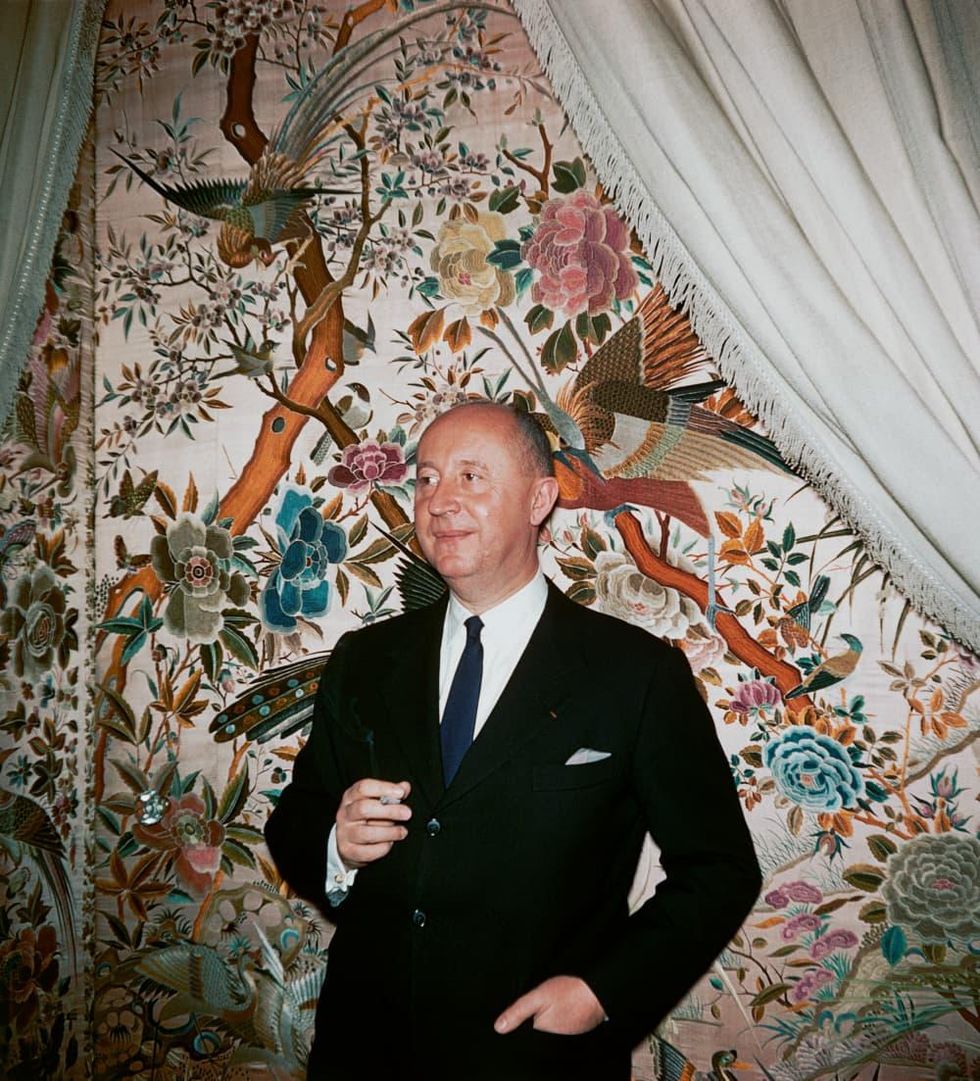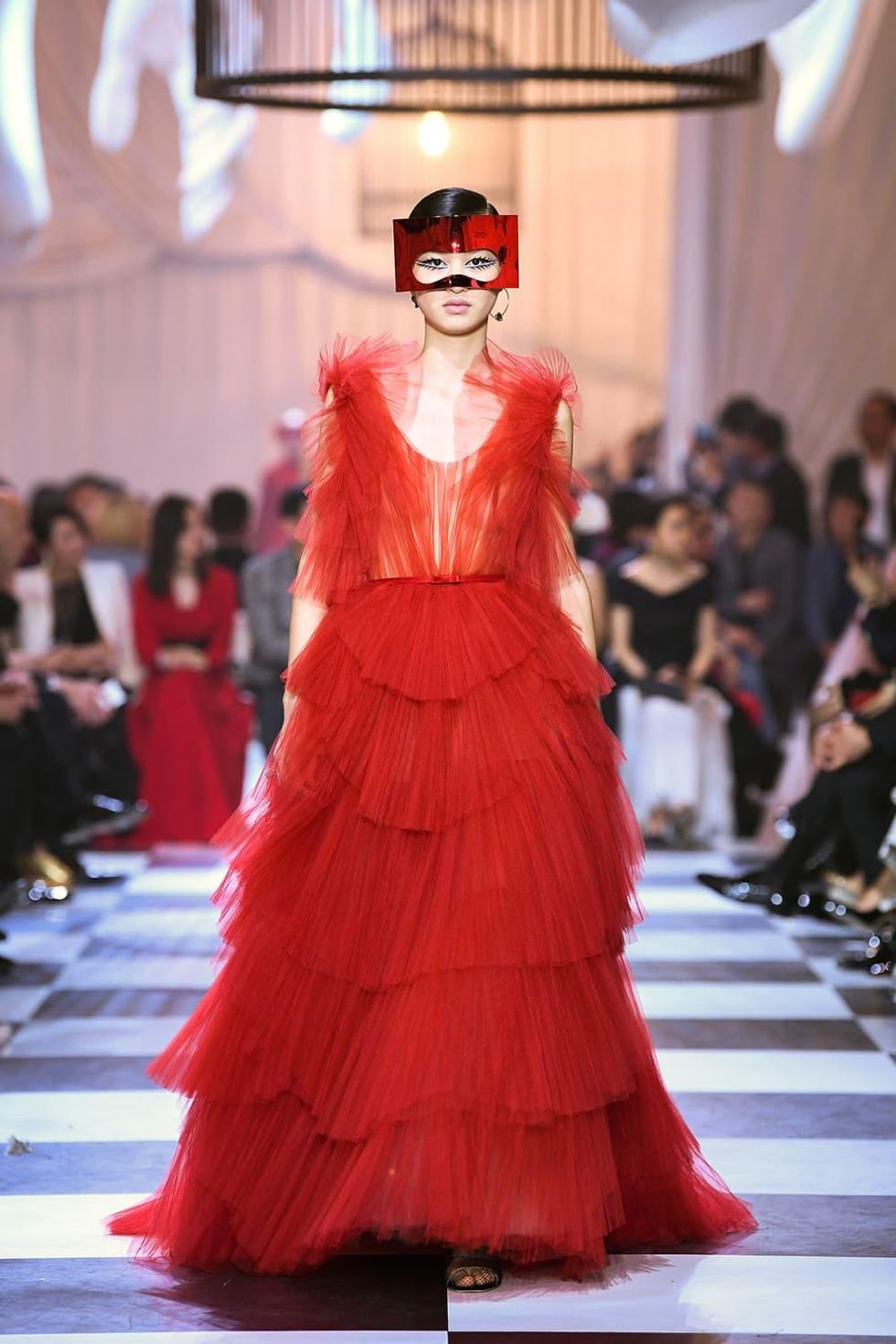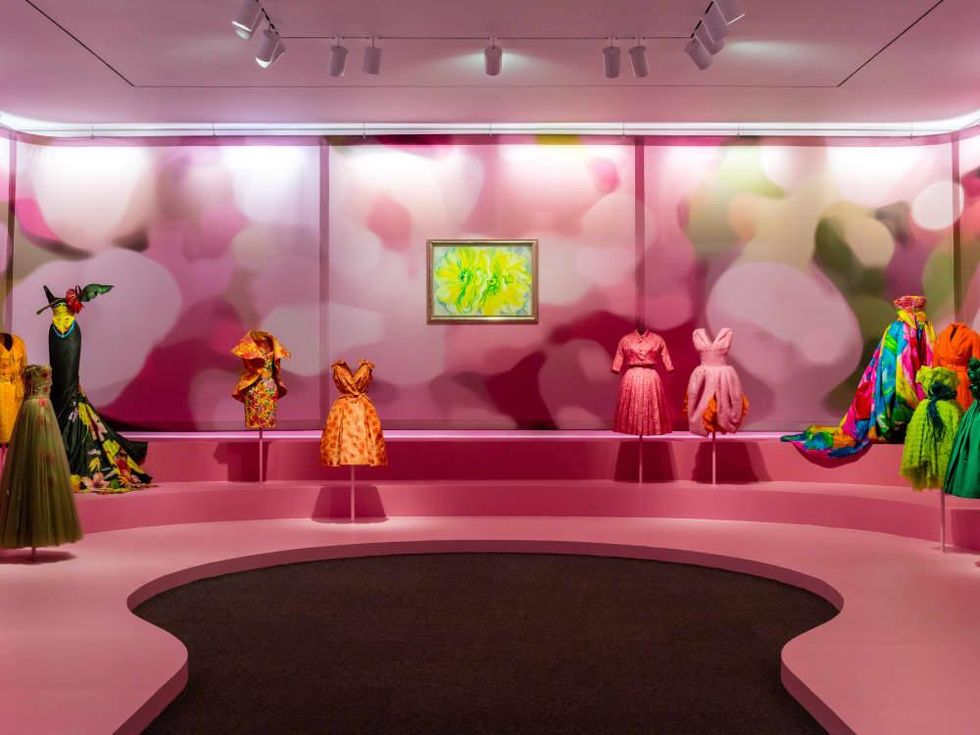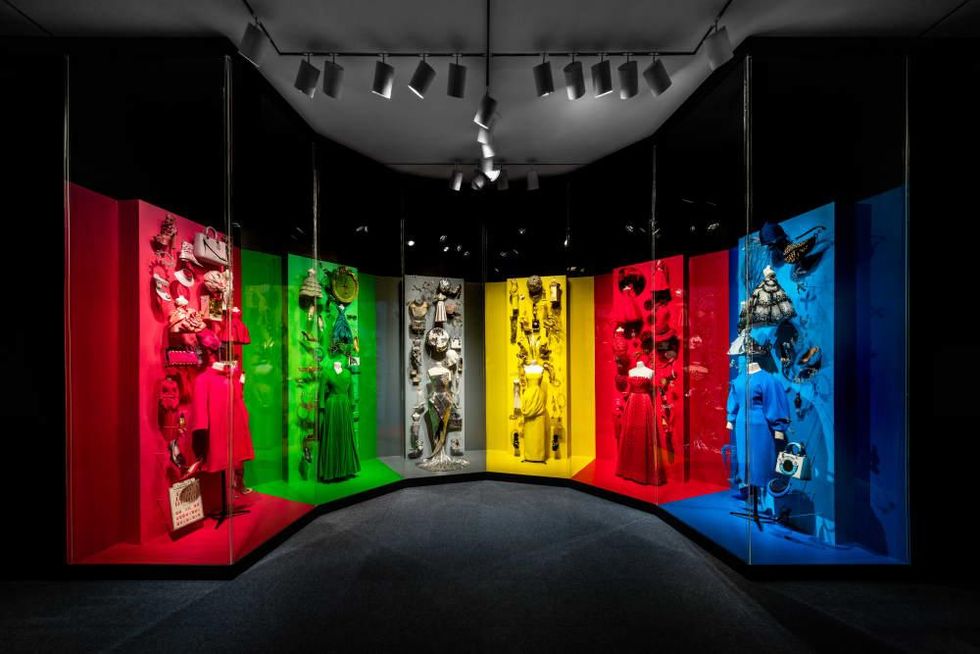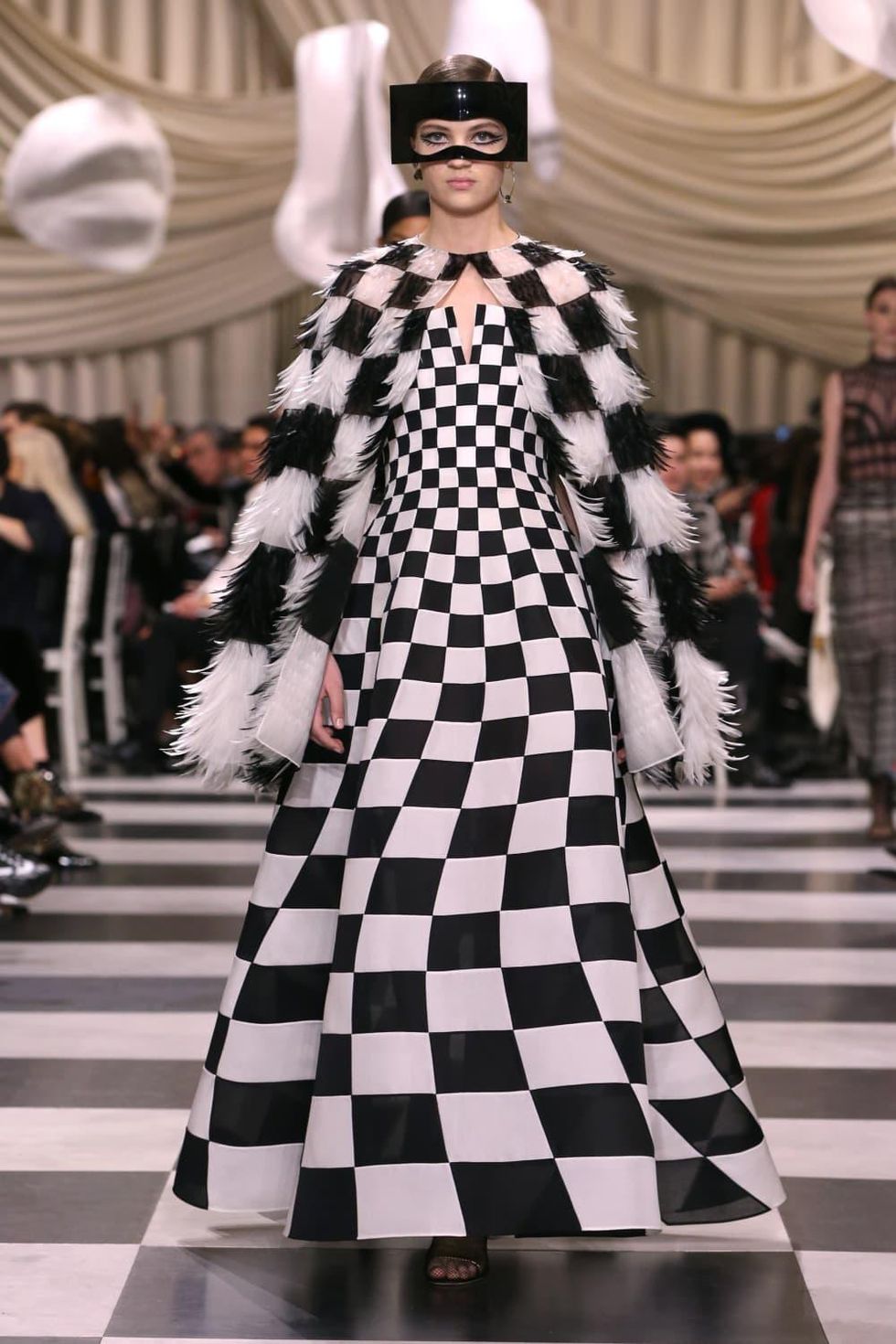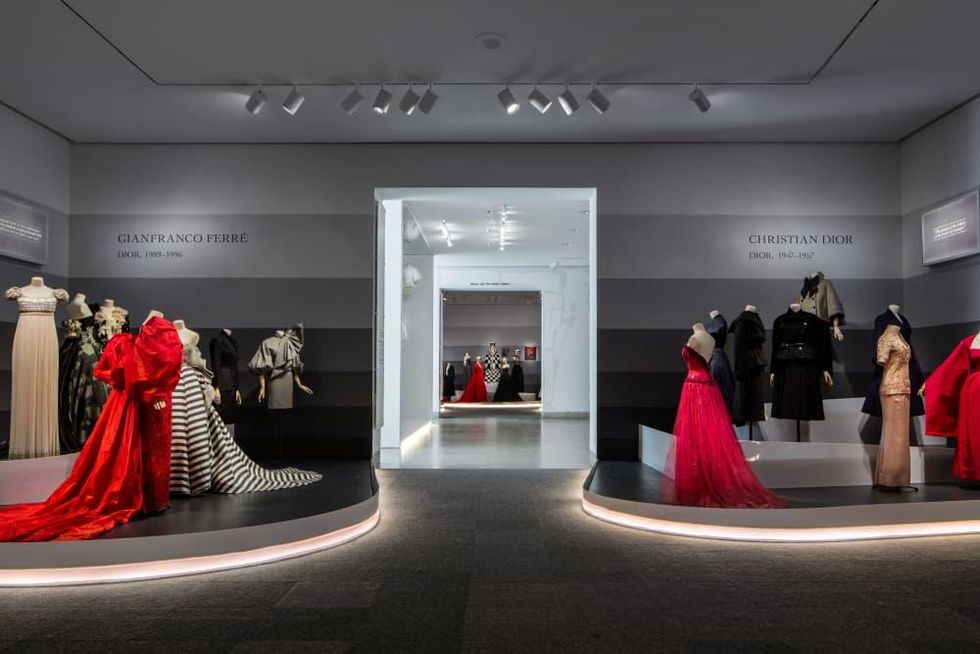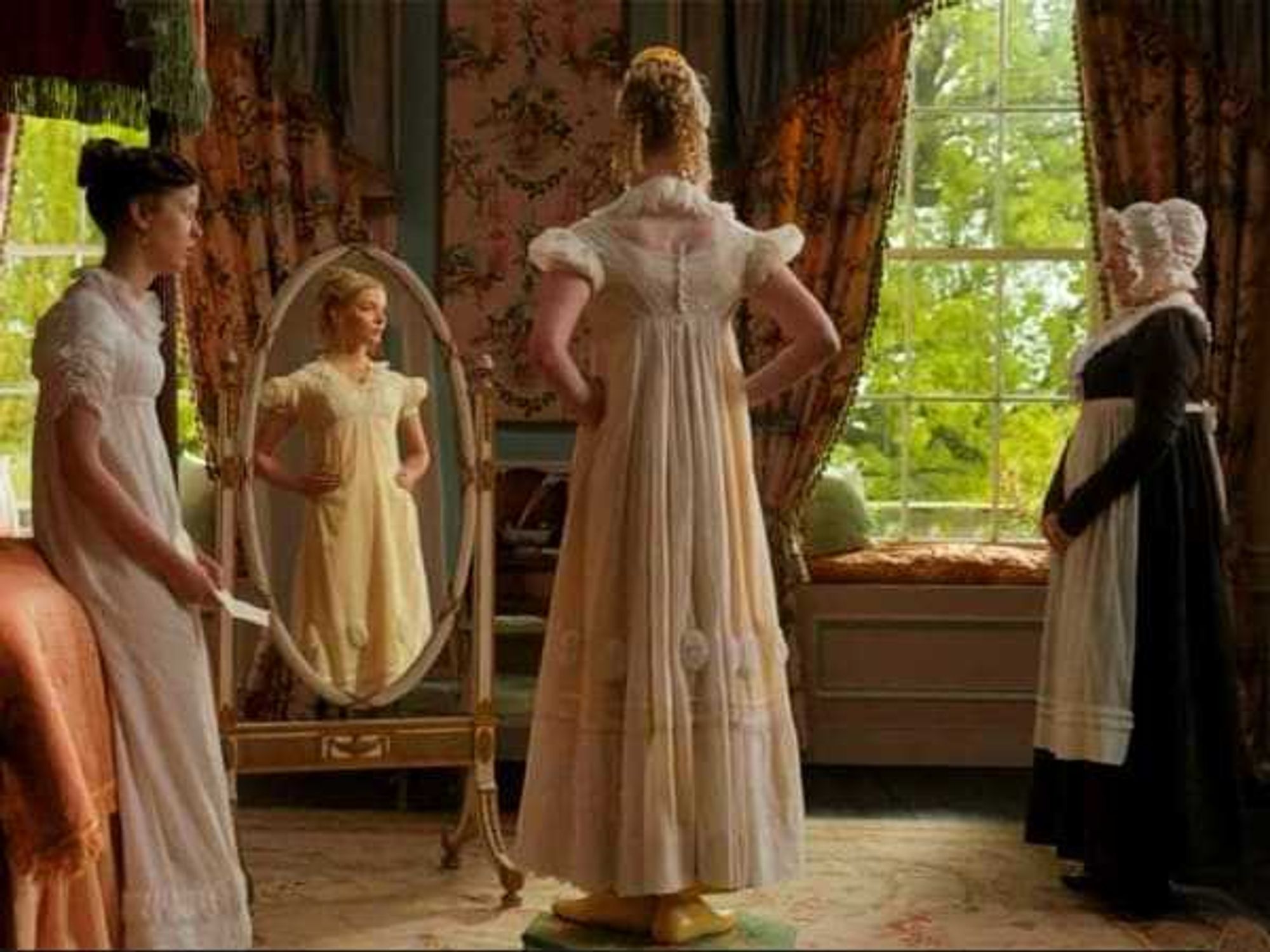Haute show
How to do the Dior exhibition at Dallas Museum of Art like a fashionista
UPDATE: The blockbuster exhibition "Dior: From Paris to the World" has been extended through October 27, the Dallas Museum of Art announced on August 15. For tickets and other information, visit the museum's website.
---
Unless you've been living an Insta-free lifestyle for the past few days, you probably know that the Dallas Museum of Art unveiled "Dior: From Paris to the World" on May 19. The blockbuster retrospective, which surveys more than 70 years of the House of Dior’s legacy, runs through September 1.
After a successful run at the Denver art museum, the DMA is the only other U.S. venue for the exhibition. But Dallas' presentation is even bigger and fancier, showcasing almost 200 haute couture dresses, as well as accessories, photos, sketches, and archival material that profile founder Christian Dior and highlight the work of subsequent artistic directors. It also celebrates the lifelong friendship of Christian Dior and Dallas department store magnate Stanley Marcus.
The entire exhibit spans 12,000 square feet and is broken up into 11 sections. There's a lot to take in.
Whether you're just being introduced to Dior or you have a closet full of couture, here's a quick guide to making the most of the exhibition — a handful of viewing tips, highlights, and one very important trick at the end — how to get tickets.
1. Start looking up.
The installation makes creative use of space, and that starts at the entrance. The black dresses and coats that flank each side are not just wall-dressings. Resist the temptation to walk right by them (or worse, huddle for group selfies and hold up the line behind you). They are the first section of the exhibition, called "Revolutionary New Look."
The name refers to Christian Dior's first collection in 1947, dubbed the "New Look" by the press. His post-World War II fashions signaled a new era of femininity, highlighting female curves, nipping in waists, and accentuating hips. Not everyone was a fan. In some countries, including the United States, protesters denounced his work as frivolous luxury, as a black-and-white photo on the wall shows.
Keep your eyes up as you round the corner into the "Office of Dreams." Here, ethereal white toiles (muslin mock-ups) hang high on the wall, and a mirrored ceiling makes them appear limitless. It's no doubt a literal interpretation of Dior's idea that his studio really was an "office of dreams." Sketches, video clips, and fabric and design samples put you in the heart of the famous Paris atelier.
2. Sort out who's who.
Die-hard Dior fans know that Christian Dior got only 10 years at the helm of his design house before dying suddenly of a heart attack in 1957. Six artistic directors have succeeded him — each making his or her mark on the house. The section "Creative Directors" showcases eight mannequins wearing looks from each designer, spread out over two rooms.
This part will separate the pretty-dress admirers from the fashion aficianados. If you're in the latter category, you'll take the time to study each designer's distinctive aesthetic: Yves Saint Laurent's trapeze dresses. John Galliano's glittering fantasy gowns. Current artistic director Maria Grazia Chiuri's modern femininity. (It's likely no accident that her ready-to-wear ensemble with a T-shirt that says, "We should all be feminists" stands front and center and ready for photo-taking.)
Some of Chiuri's gowns have graced the runway as recently as fall-winter 2018. Practically brand new.
3. Bow down in the cathedral of couture.
If there's a room that's going to make you say, "Amen," it's the showpiece of the exhibition, "From Paris to the World." The magic is in not just what is displayed, but how it is displayed. It is mounted in the museum's famous 114-foot-long Barrel Vault, featuring 44-foot ceilings.
Visitors walk down the a center aisle, a "catwalk," and on either side — at Anna Wintour-arm's length — mannequins model Dior designs inspired by cultures around the world. Influences include Africa's Maasai people, fox hunting in England, Japanese kimono and cherry blossoms, ancient Egypt, the skyscrapers of New York, and more.
Walk slowly up and down either side, then step at the end of the catwalk and behold the "Ladies in Dior." Thirteen gowns belonging to Dior's celebrity fans and muses are inset into niches, creating a shadow-box effect on the wall.
There's a gown that Lady Gaga wore in January to the SAG Awards. One worn by Rihanna at the 2017 Cannes Film Festival. And the gown Jennifer Lawrence wore when she famously tripped up the stairs to receive her 2013 Best Actress Oscar.
Christian Dior once said, "My dresses make a princess of every woman," and there's a real princess represented in this display, too — a gown made for one of his favorite clients, Princess Grace of Monaco.
One practical note: The gowns are so high and far away, you'll wish you'd tucked binoculars into your handbag to get a closer view. (Hey, there's an idea.)
4. Keep an eye out for art.
Before he was a fashion designer, Christian Dior was an art gallerist. His eye for design started as an eye for art, and the house of Dior has looked to art for inspiration over the last 70 years. The DMA has smartly (and slyly) dropped eight extraordinary artworks like Easter eggs throughout the exhibition. Six are from their collection, and two are on loan from private collectors.
Most prominently displayed is the oil painting The Abduction of Europa by Jean Baptiste Marie Pierre, which serves as the backdrop to the section "Splendors of the 18th Century." The room resembles one at the palace of Versailles, where many of Dior's dresses were photographed. The gowns on display borrow from the 1700s, inspired by decadent court dresses and ornate open robes.
Another artwork that's easy to spot is Claude Monet's Water Lilies, displayed in the room called "Fields of Flowers." "After woman, flowers are the most divine creations," said Dior, who had a passion for gardening. Paintings of Impressionists, especially Monet, inspired his floral embroideries and incredible layered-petal textures. Don't miss the chance to ogle the stunning, floral-inspired "Miss Dior" dress.
5. Mess with Texas.
Christian Dior had an enduring friendship with Stanley Marcus. In 1947, Dior was awarded the Neiman Marcus Award for his distinguished contribution to fashion, and his trip to Dallas to accept it marked his first international voyage. "To reach Dallas, Texas, I had to cross the ocean and enter the New World," he wrote in his autobiography. This saying is printed on a wall outside of the entrance.
Inside a section called "Dallas and Beyond," photos and memorabilia illustrate Dior's close ties to Marcus, and to Dallas. Their friendship resulted in Dallas' coup as the only American city to show Dior's 1954 "H" line, from which several looks are displayed in the exhibit.
It's tempting to be led by the lure of glamorous gowns throughout the exhibition, and to skip over the nondescript cases and walls with writings and photos. But these little palate-cleansers hold interesting tidbits of history. Don't miss the 1957 Time magazine cover that Dior graced — the first non-American couturier to do so. Royal enthusiasts will love the photo and program of the haute couture fall-winter 1958 fashion show, held in front of Britain's Princess Margaret at Blenheim Palace.
6. Know how to get in.
Don't drive all the way to the museum and get stalled at the entrance. Due to its expected popularity and volume of visitors, all guests and museum members must have timed tickets. Adult admission is $20 on Tuesday-Thursday and $25 on Friday-Sunday. (Closed Monday.) Special discounts are available, and tickets can be purchased on the museum's website.
Be sure to pick up the paper Exhibition Guide to follow along; surprisingly, there's no audio guide or downloadable app available, as there was for the recent Balenciaga fashion exhibition at Fort Worth's Kimbell Art Museum.
The DMA has scheduled an impressive lineup of accompanying events throughout the summer. They include A Moveable Feast Book Club focused on "Dior by Dior: The Autobiography of Christian Dior;" special talks with experts like fashion historian Amber Butchart, and April Calahan and Cassidy Zachary from the podcast "Dressed;" and a late-night screening of the excellent 2015 documentary Dior and I.

